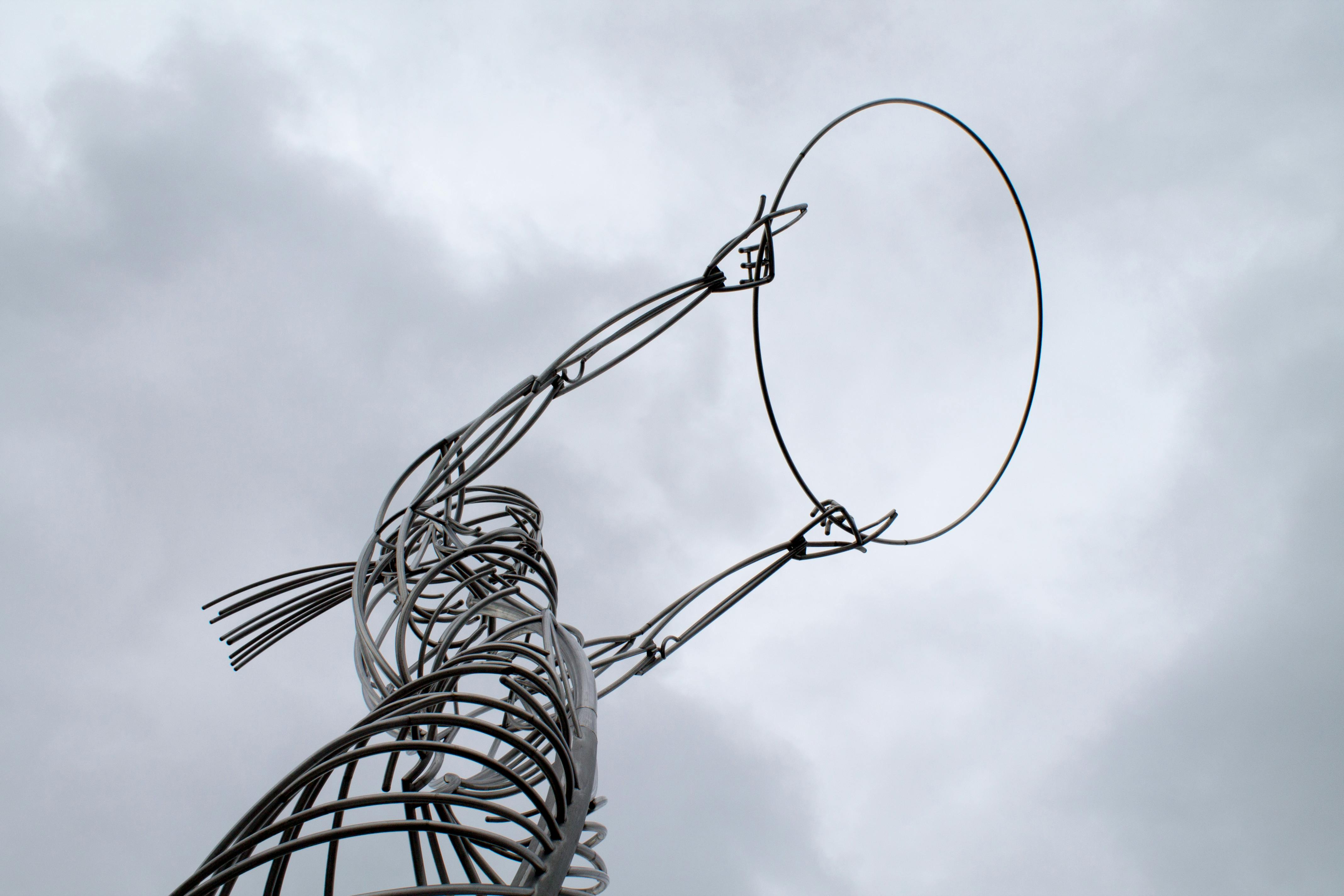I will be wrapping up my third and final year at the UCWbL, which came and went way too fast. When I started this academic year, I was well aware that I would be graduating soon and would need to set my focus on polishing my skills as a professional. So then I thought, how can I utilize the UCWbL to do this? Upon reflection, I realized that I should focus on my development as a public relations professional and a tutor. I set my goals this year to gravitate around this focus. I also interviewed two UCWbLers, Maggie J. and Gabby M., and compiled five tips based on their feedback and my own experience. Even if you’re finishing your undergrad or graduate program like I am, these suggestions could still be valuable in helping you imagine your work as involving more than one singular set of skills. These pieces of advice also help us understand how tutoring informs other work we do.
1.Create goals that serve a double purpose.
In the beginning of your experience tutoring, it is definitely important to aim to improve your tutoring skills so you can better serve the UCWbL. However, you can also create goals that contribute to your professional development beyond the UCWbL as well.
I created a goal to blog more, which adds to my writing portfolio and blogging experience, as well as contributes to UCWbLing. I also made a goal to improve my graphic design skills which I achieved by creating infographics to be posted on the UCWbL’s Twitter and making the promotional materials for the superhero-themed Peer Tutor and Mentor Summit. Gabby made a goal to improve her teaching skills through the Workshops team while Maggie aimed to improve her analytical ability through the research she does as a tutor.
2. Sculpt your work as a tutor for your career field.
Putting the Writing Center on your resume can prove difficult when trying to translate all the lingo we use like UCWbL, Writing Fellow, and Conversation Partner. We internalize the office jargon and how all of the individual teams work. Instead of trying to reflect all of this on your resume, pick a few key responsibilities that are relevant to your career field and include them in your job description. If you want to highlight a specific role you took on at The UCWbL, give it its own additional heading and description.
 In Gabby’s resume, she placed a focus on skills such as lesson planning, one-on-one tutoring, and coordination and development of in-class writing workshops. Maggie placed a focus on the central tenants of the Writing Center’s core beliefs. She used phrases such as “generates solutions” and “tailors each appointment” in her job description. I have one entry as a tutor that includes my base responsibilities. I then have a separate entry for another position I called “Outreach Representative.” I worked on the Outreach, Workshops, and Research teams, but I felt Outreach was the most relevant to my career field. I created a title for this since we don’t officially have one and in turn, it looks more impressive to employers. On top of this, The UCWbL directors can write recommendation letters for you and be valuable referrals.
In Gabby’s resume, she placed a focus on skills such as lesson planning, one-on-one tutoring, and coordination and development of in-class writing workshops. Maggie placed a focus on the central tenants of the Writing Center’s core beliefs. She used phrases such as “generates solutions” and “tailors each appointment” in her job description. I have one entry as a tutor that includes my base responsibilities. I then have a separate entry for another position I called “Outreach Representative.” I worked on the Outreach, Workshops, and Research teams, but I felt Outreach was the most relevant to my career field. I created a title for this since we don’t officially have one and in turn, it looks more impressive to employers. On top of this, The UCWbL directors can write recommendation letters for you and be valuable referrals.
3. Join teams that allow you to develop the professional skills you’ll need.
 To start, I joined the workshops team to develop my public speaking skills. In PR, you often have to pitch story or campaign ideas to clients or superiors, which requires you’re adept at verbal communication. Conducting workshops boosted my self-confidence for my public speaking. Joining the outreach team was an obvious choice since they handle the public persona of the UCWbL, the very essence of PR. Then on the research team, I focused on developing my graphic design skills by creating infographics.
To start, I joined the workshops team to develop my public speaking skills. In PR, you often have to pitch story or campaign ideas to clients or superiors, which requires you’re adept at verbal communication. Conducting workshops boosted my self-confidence for my public speaking. Joining the outreach team was an obvious choice since they handle the public persona of the UCWbL, the very essence of PR. Then on the research team, I focused on developing my graphic design skills by creating infographics.
Try identifying the base responsibilities of each team and the skills that are required to be an active member. Then decide what essential skills are needed for your career field and decide what you need to improve upon. Even a Biology major might need to work on public speaking. Gabby joined the workshops team to hone her teaching skills because she hopes to one day teach at a community college. Maggie joined the research team to “create research projects and make meaningful analyses,” but she is also mindful of developing her report building skills for her major in Industrial Organizational Psychology.
4. Start developing a portfolio—not just the ePortfolio.
When you start applying for other jobs or internships, you’re going to need examples of your work and probably your writing ability. Your ePortfolios are a great start to your portfolio. Gabby uses her research in tutoring and her literature classes to contribute to her experience as an educator. She also has her UCWbL portfolio serve as a virtual resume. I have used my UCWbL portfolio as a sample of my writing and CSS coding ability. As another option, you could start a brand new portfolio using free website hosting services like WordPress or Wix.
5. Go above and beyond your base role.
Gabby, Maggie, and I all agree that you should take advantage of all the opportunities the UCWbL has to offer. Identify your weaknesses in your needed career skillset and then do anything and everything you can. You can be a receptionist, conduct an in-service, attend a conference, apply for a leadership position, join a team, join a writing group, volunteer for extra projects, and much more. Gabby also suggests that if there’s something new you want to do, then start your own project by getting approval from Lauri. Additionally, both Gabby and Maggie recommend utilizing the Writing Center’s services and getting feedback from your coworkers for your resume, cover letter, or anything else!
Do you have other suggestions? Comment below!
Discover more from UCWbLing
Subscribe to get the latest posts sent to your email.

